Sleep Problems Treatment

Sleep is very important to the body, and not getting enough of it can have a range of negative effects on your mood and health. The occasional sleepless night during stressful times is normal, but the inability to get a good night’s rest regularly is an issue that needs addressing.
The most common symptom of a sleep disorder are excessive daytime sleepiness, or falling asleep/having the urge at inappropriate times, difficulty falling or maintaining sleep, excessive snoring, and abnormal behaviour or movements during the night.
Most people have experienced sleeping problems due to stress, hectic schedules, and other outside influences. However, when these issues begin to occur regularly and cause significant distress or impairment in daily life, they may indicate a sleeping disorder.
Same Week Consultation
At Dementech Neurosciences, we endeavour to see you in the same week of your enquiry, if possible. You no longer have to wait to be seen by a specialist. With your consent, our private psychologists can also share the full consultation report with your GP.
Same Week Assessments
The diagnostic process will usually involve two consultations, one with a mental health care specialist (psychologist or psychiatrist), who will ask you about your symptoms, your thoughts, feelings and behaviour patterns, followed by a series of individualised neuropsychological assessments performed by a neuropsychologist.
Patient Advisor Consultations
This is an opportunity to discuss your condition where the Patient Advisor will suggest the most appropriate route to suits your specific needs.
Video Consultations Available
Dementech Neurosciences is now offering tele consultations to patients who are unable to physically attend our clinic on Wimpole street.
We will be conducting these calls through Skype, FaceTime and WhatsApp call/Video call.
Sleep Problems Symptoms
- Difficulty falling asleep at night
- Waking up during the night
- Waking up too early
- Having sleep that is poor in quality- still feeling tired after a night of rest
- Daytime fatigue or sleepiness
- Concentration, attention or memory problems
- Daytime irritability
- Worries about sleep difficulties or daytime symptoms
Typical complains may include difficulty initiating sleep, difficulty maintaining sleep or early morning awakening, inability to return to sleep, excessive sleepiness, sleepwalking and repeated nightmares amongst others.
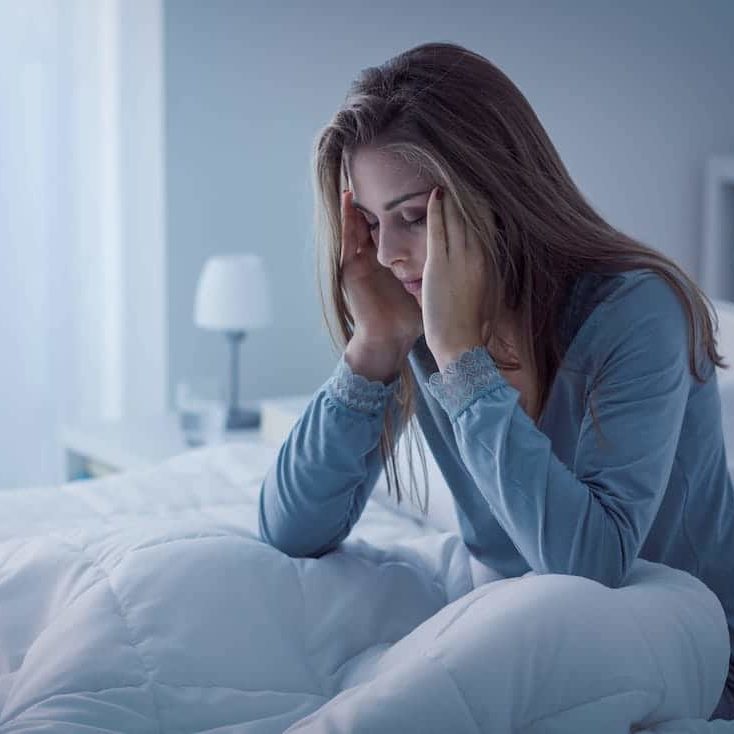
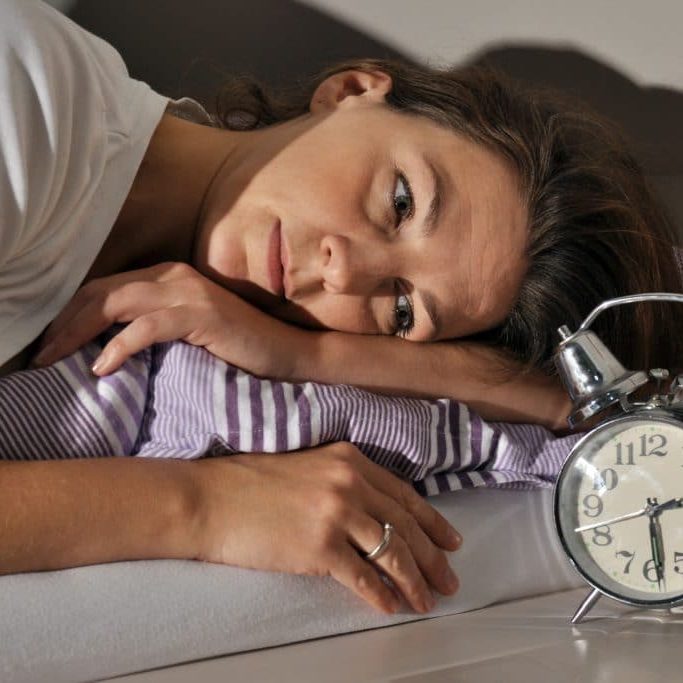
Ten Common Sleep Problems
- Insomnia
- Obstructive Sleep Apnea
- Snoring
- Restless Legs Syndrome
- Sleep Hypoventilation
- Sleep Talking, Sleep Walking and other automatic behaviours
- Bruxism
- Narcolepsy
- Nightmares and Night Terrors
- Rapid Eye Movement Behaviour Disorder
Sleep Problems Diagnosis
Sleep disorders are often accompanied by depression, anxiety and cognitive changes that need to be addressed in management and planning.
Furthermore, sleep problems are established risk factors for the subsequent development of other medical conditions.
A multidimensional approach, with consideration of possibly coexisting medical and neurological conditions, is always necessary to establish a clear diagnosis and formulate comprehensive management strategies.
The diagnostic process will usually involve two consultations, one with a mental health care specialist (psychologist or psychiatrist), who will ask you about your symptoms, your thoughts, feelings and behaviour patterns, followed by a series of individualised neuropsychological assessments performed by a neuropsychologist.
A physical examination, laboratory tests and imaging scans are sometimes necessary to rule out other physical problems that could cause your symptoms.
In cases where a diagnosis of a disease has been established, our multidisciplinary team will do everything humanly possible to treat symptoms and prevent them from progressing further, involving as many specialists as required, hence improving the quality of life, the emotional health and the well-being of each individual.
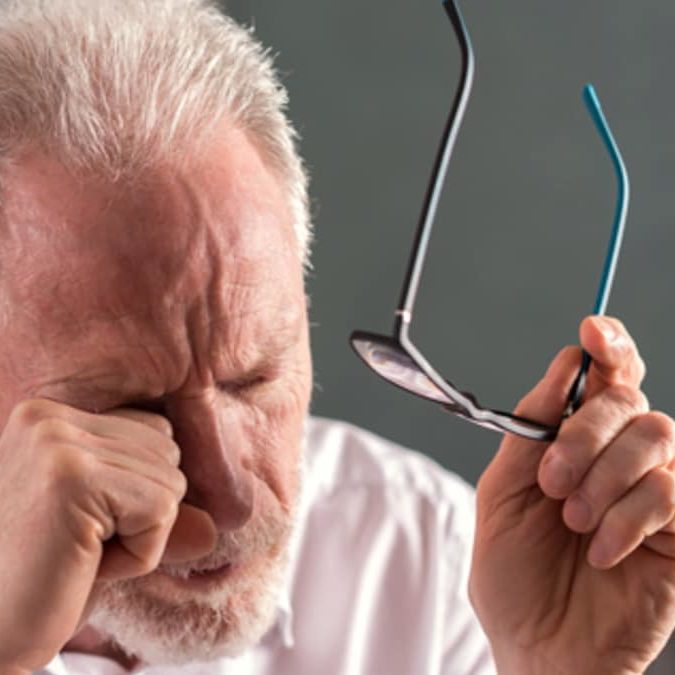
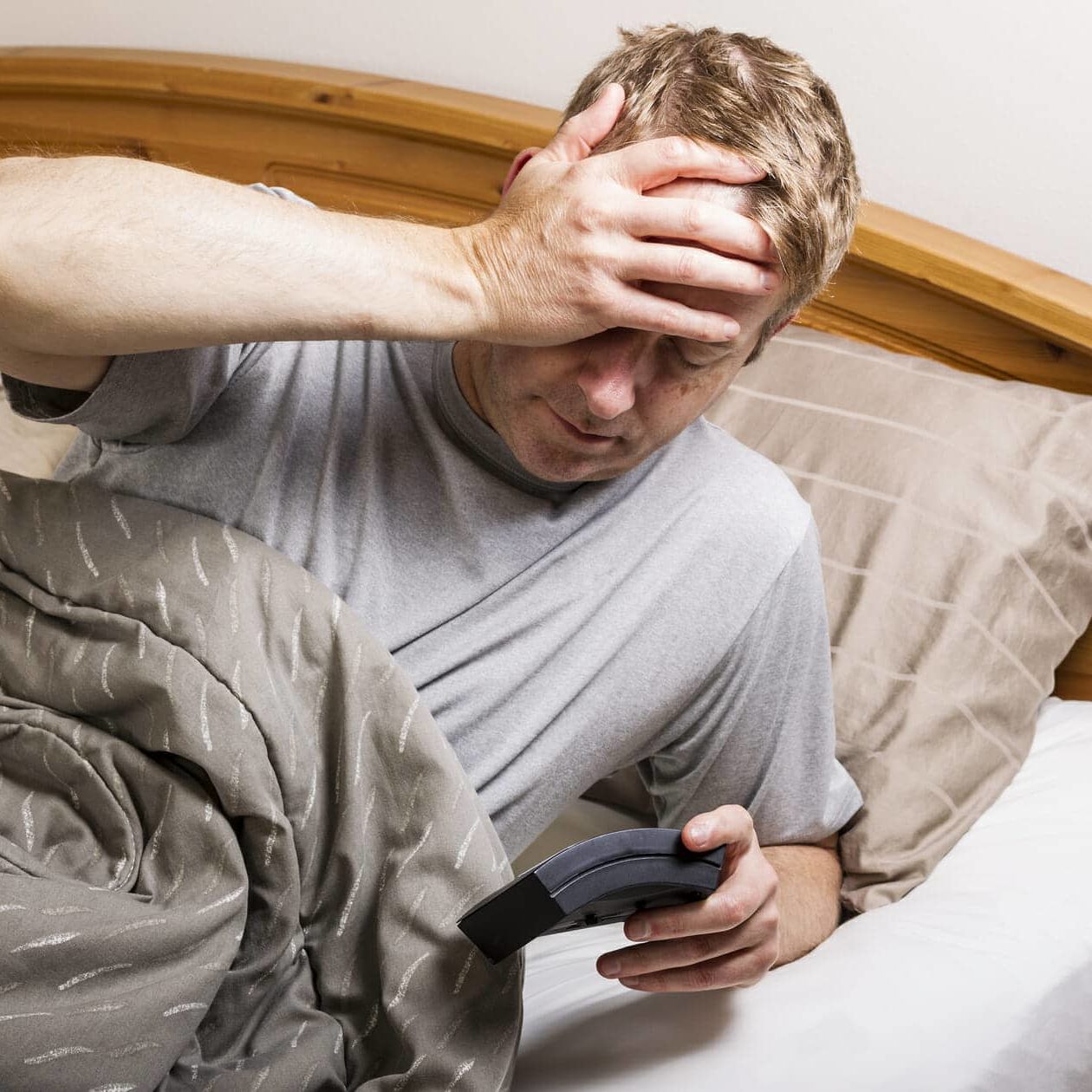
Risk Assessment & Prevention
Risk assessments, prevention strategies and tools are used as it is far more efficient to prevent a disease from developing rather than try to treat it once it has progressed.
However, in cases where a diagnosis of a disease has been established, our multidisciplinary team will ensure to its upmost ability in treating the symptoms and prevent them from progressing further, hence improving the quality of life, the emotional health and the well-being of each individual.
8 Natural Tips To Prepare Your Body For Sleep
Start and maintain a routine
Having a healthy routine and sticking to it enables your body to get used to falling asleep at a certain time. During the weekends, try to wake up within 1.5 hours from the time that you regularly wake up during the week.
Be mindful of “screen time“
Try to avoid any screen time an hour before bed. Replace screen time with different activities such as reading a book or listening to relaxing music. As an alternative, you can dim the light of your screen to a warmer hue if you do watch something on a screen.
Avoid napping during the day
Avoid taking naps during the day as it will make it harder for you to fall asleep at night. Napping during the day (whether long or short) will prevent the feeling of tiredness when it's time for you to sleep.
Exercise during the day
Regular exercise during the day, particularly in the morning or early afternoon, can help to increase the feeling of tiredness when you need to sleep. Avoid exercising within 2 hours before bedtime.
Avoid or reduce your caffeine intake
Reduce the amount of drinks that contain caffeine like coffee, tea and soft drinks that contain caffeine. Chocolate should also be avoided as this also contains caffeine. cAvoid consuming caffeine 4 - 6 hours before bedtime.
Pay attention to your alcohol consumption
Although many people believe alcohol helps the fall asleep, it can have the opposite effect to your circadian rhythm. This is due to the fall of alcohol levels in your blood creating a stimulant that can cause you to wake up.
Keep A Sleep Diary
Keeping a sleep diary will help you to record information about your sleep habits. This will help you understand your sleep problem and what's affecting it. You can share your diary with medical professionals to help them understand the problem you're having.
Speak to a doctor
if you believe that your prescribed medication is preventing you from falling asleep naturally, speak to your doctor who may be able to prescribe an alternative. Always seek medical advice from your pharmacist or doctor before trying over the counter medication.
Hear From Our Happy Patients
Amazing service! Took care of every single need I had and made sure I felt comfortable through out the whole process!J Rabhi
Friendly welcoming reception, the expertise is evident, but most of all the people who work there are warm and supportive.A Mohamed
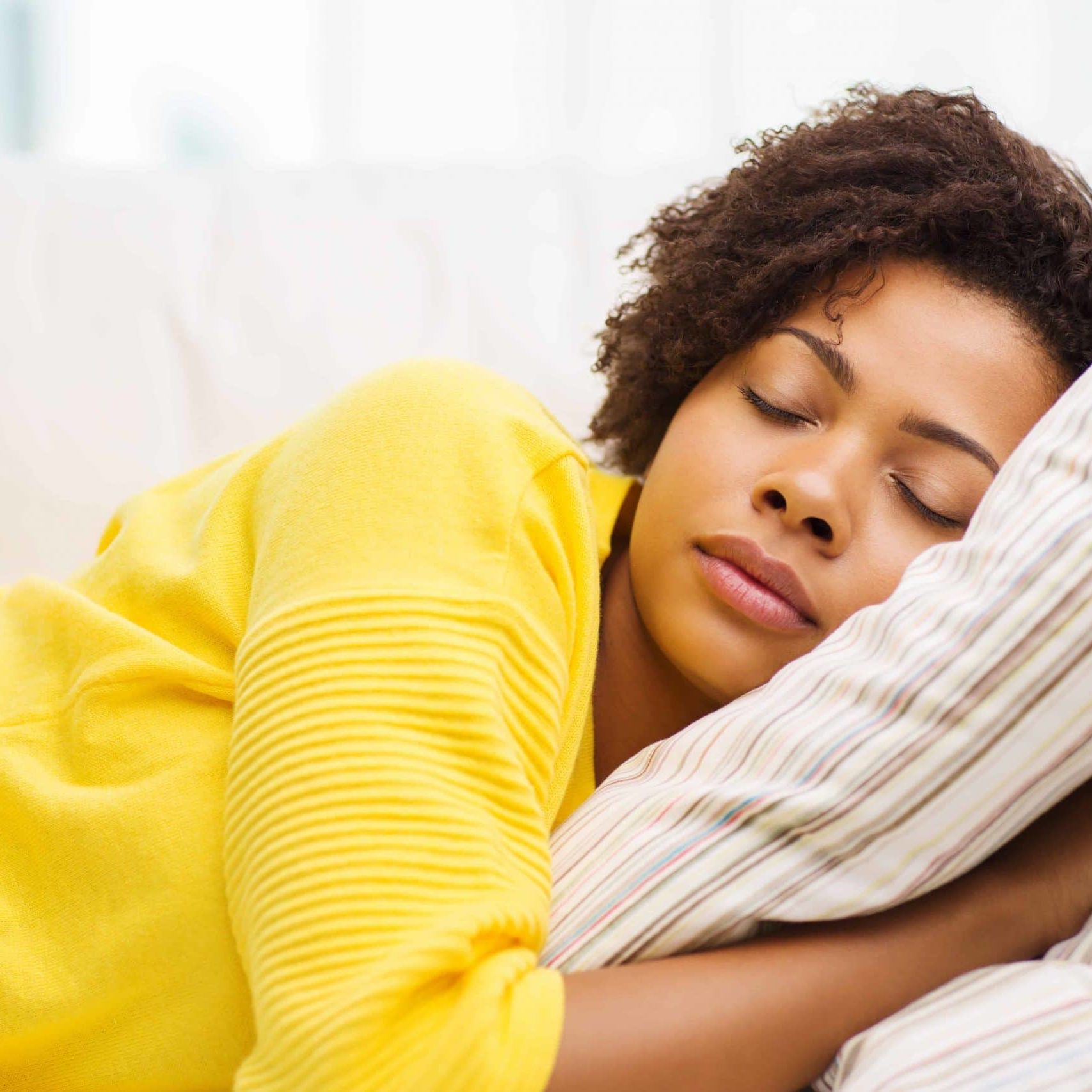
Sleep Problems Treatment
Simple lifestyle changes, sleep hygiene and dietary counselling are often enough to improve your sleep. If that doesn’t help cognitive behavioural therapy (CBT) specifically designed for insomnia or medication may be necessary.
Meet Our Doctors
Frequently Asked Questions
WHAT DOES THE CONSULTATION ENTAIL?
The consultation will begin with an assessment, followed by a diagnosis. Once you have received your diagnosis, you will be given a management plan and will be prescribed with medication. You will also receive a full consultation report.
CAN YOU ARRANGE TESTS?
All tests can be arranged prior to your consultation with us and ever after the consultation.
HOW QUICKLY CAN I BE SEEN?
We endeavour to see you on the same week of your enquiry, if possible.
IF I AM SEEN PRIVATELY, WILL I BE TAKEN OFF THE NHS WAITING LIST?
No. Seeing a doctor at Dementech will not affect your care through the NHS.
DO YOU OFFER VIDEO CALLS?
Dementech Neurosciences is now offering tele consultations to patients who are unable to physically attend our clinic on Wimpole street. We will be conducting these calls through Skype, FaceTime and WhatsApp call/Video call.
DO YOU PROVIDE FINANCE?
At this current time we do not offer finance. Payments will need to be made prior to tests and consultations.





